Turning Waste into Wonders: The Rise of Vegan Leather
- Green Tide
- Jan 17
- 2 min read
As the world grapples with the dual crises of food waste and the environmental cost of leather production, innovative solutions are emerging that tackle both problems simultaneously. Every year, 1.3 billion tons of food are wasted globally, according to the Food and Agriculture Organization (FAO). Restaurants and hotels are among the largest contributors to this alarming statistic. Meanwhile, the traditional leather industry continues to wreak havoc on the planet, consuming vast amounts of energy, emitting greenhouse gases, and relying on the slaughter of animals such as cows, snakes, crocodiles, and lizards. This fuels ethical concerns and environmental degradation.
But a game-changing solution is gaining momentum: cruelty-free vegan leather, which transforms agricultural and food waste into sustainable alternatives to animal leather. Here's how some innovative companies are making a difference:
1. Fruitleather Rotterdam: Mangoes into Leather
Based in the Netherlands, Fruitleather Rotterdam uses 1,500 kilograms of mangoes per week to produce high-quality vegan leather.
Their eco-friendly leather is versatile and used to craft handbags, shoes, laptop cases, dog collars, and even furniture.
This approach not only reduces food waste but also minimizes the use of harmful chemicals, cutting down the greenhouse gas emissions associated with traditional leather processing.
2. Nupelle: Pineapple Fibre Innovation
Nupelle transforms pineapple leaf waste into soft, durable, and flexible vegan leather that mirrors traditional leather's texture.
It is water-resistant, washable, and a sustainable material for fashion and design.
This process adds value to agricultural waste while promoting sustainable practices in leather alternatives.
3. Bio Leather: Tomato-Based Revolution
This Indian company offers a unique leather alternative made from tomato waste.
Recognized by PETA with an innovation award, their product is a testament to how discarded materials can be repurposed into eco-friendly innovations.
4. Malai Eco: Coconut Waste Collaboration
Malai Eco collaborates with local farmers in India to collect leftover coconut water from coconut processors.
The coconut water is then used to cultivate bacterial cellulose, which forms the base for their vegan leather.
This initiative supports small-scale farmers while reducing waste and offering sustainable leather for the fashion industry.
5. Banofi: Banana Stem Brilliance
Indian startup Banofi turns abundant banana stem waste into high-quality vegan leather.
Their product caters to industries ranging from fashion to automotive and furniture, providing a cruelty-free and eco-friendly alternative.
The Bigger Picture: Why Vegan Leather Matters
Traditional leather production accounts for 14% of global deforestation, according to the UN.
Vegan leather production methods, like those highlighted above, significantly reduce carbon footprints and environmental toxins.
These innovations represent a promising shift towards a circular economy where waste is repurposed into valuable materials.
By addressing food waste and the environmental costs of leather simultaneously, these companies are proving that sustainability and innovation can go hand-in-hand. Vegan leather isn’t just a trend—it’s a revolution in how we view waste and resources.

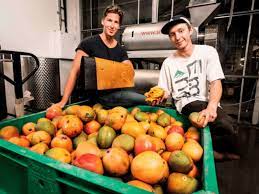











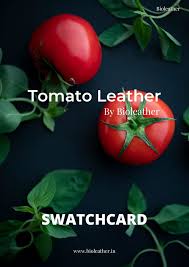
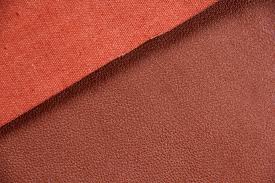





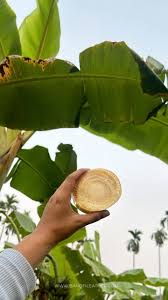
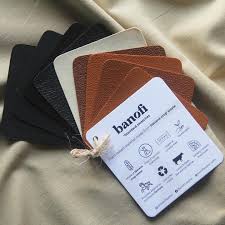



Comments